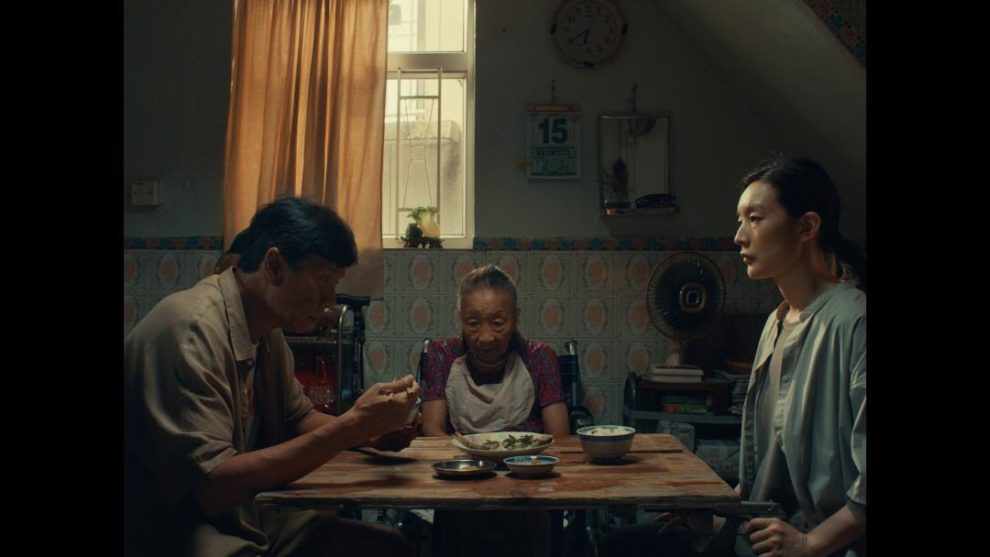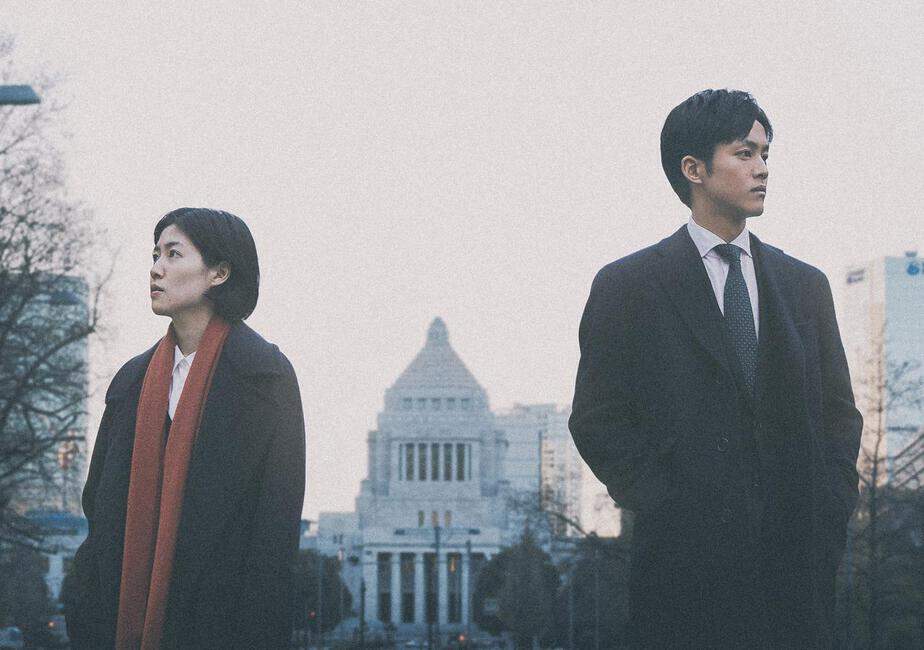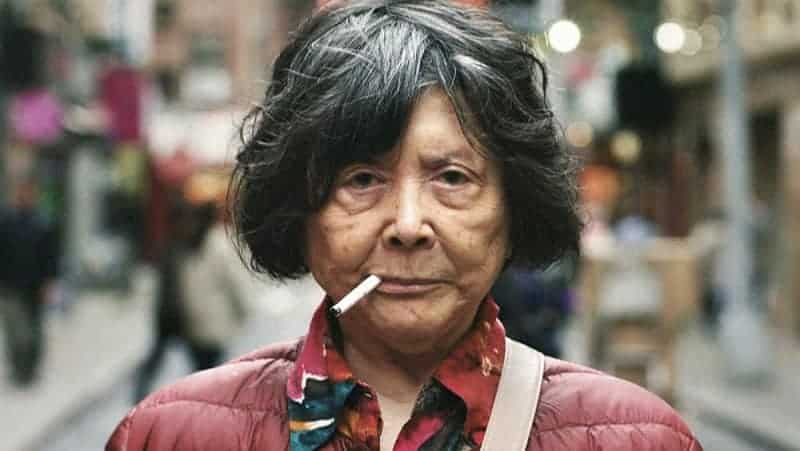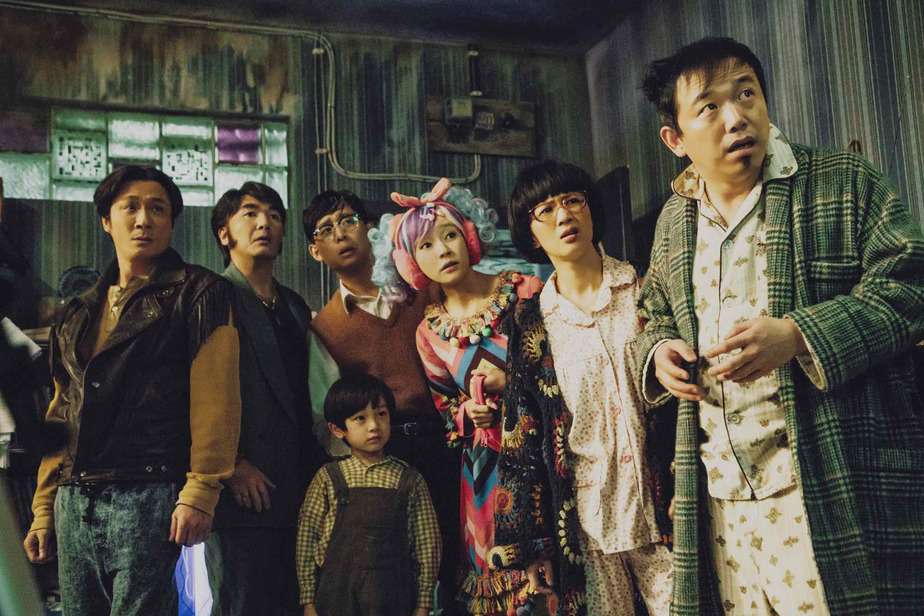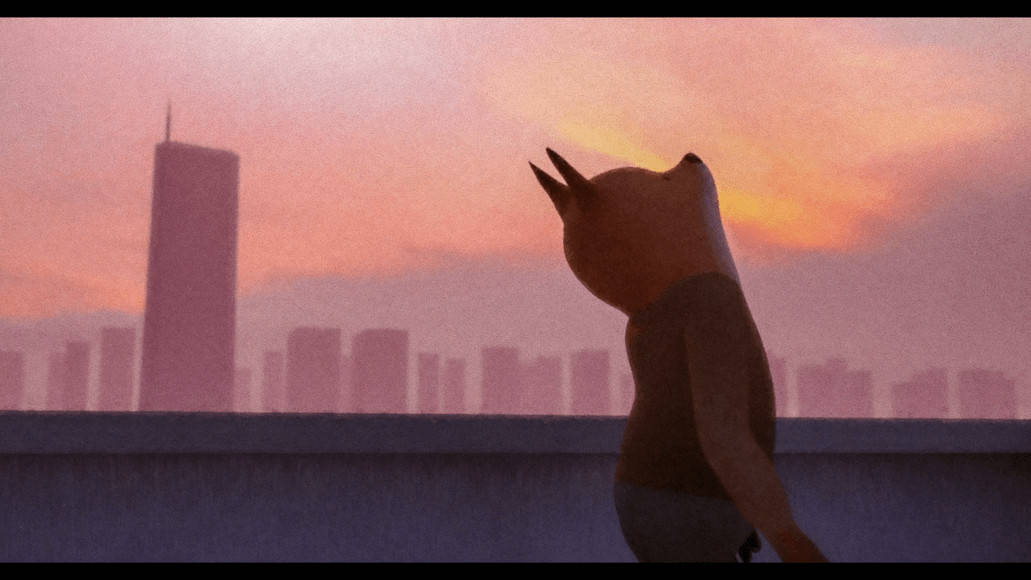Within the medium of film, the figure of the hitman is one of the most lasting and rewarding character archetype, adding a certain air of mystery, violence and internal drama to the narrative, at least when it is done with the right kind of talent in the directing chair. Nevertheless, the hitman as a metaphor for loneliness, isolation, as well as the antisocial tendencies within mankind is an attractive stereotype used in many narratives in order to highlight aforementioned issues, while also adding social, political and even philosophical commentary. In her second short feature after “Dinner With Stranger” (2016), Linhang Zhang uses the character of the hitman to tell a story about death and an interesting mentor-student relationship.
“The Last Ferry to Grass Island” is screening at Toronto Reel Asian International Film Festival

On Grass Island, one of the many islands near the Chinese coast, Ah Hoi (Tai-Bo) lives together with his mother (Yee-Yee Yeung), who is bound to a wheelchair and mostly watches TV during the day, while Ah Hoi takes care of the housework. One day, after Ah Hoi has come home with a catch from the ocean to prepare for dinner, a mysterious woman (Yang Wang) appears in their home with the aim of killing Ah-Hoi. As he is eventually able to subdue the woman, who turns out to be his student back in the day when he was a hitman, he learns about her missions and that while he may have beaten her, she is just the beginning of a series of people looking for him.
Given the overall narrative structure of the short feature, the narrative seems to be rather the prologue to a much longer and complex story. This is not necessarily a negative aspect to “The Last Ferry to Grass Island”, especially since, for example, the links of the characters are presented to the viewer in a rather vague manner, implying there is something else lingering beneath the surface. The connection between the former mentor and the student, who has been given the task to kill her former master, is an interesting foundation and their dialogue is filled with hints at something far more complex, something suggestive, even the possibility of a romantic relationship of some sort.
Additionally, the landscape of Grass Island, its remoteness and nature is an ideal background to a minimalist, yet potentially multi-layered story which goes far beyond the short feature, which merely presents an episode.
“The Last Ferry from Grass Island” is an interesting short feature about the ending of a student-mentor relationship, death and isolation. Supported by a good cast and solid cinematography it may serve as a calling card for director Linhang Zhang to perhaps make a longer feature next, maybe even with the same characters she introduced here.


